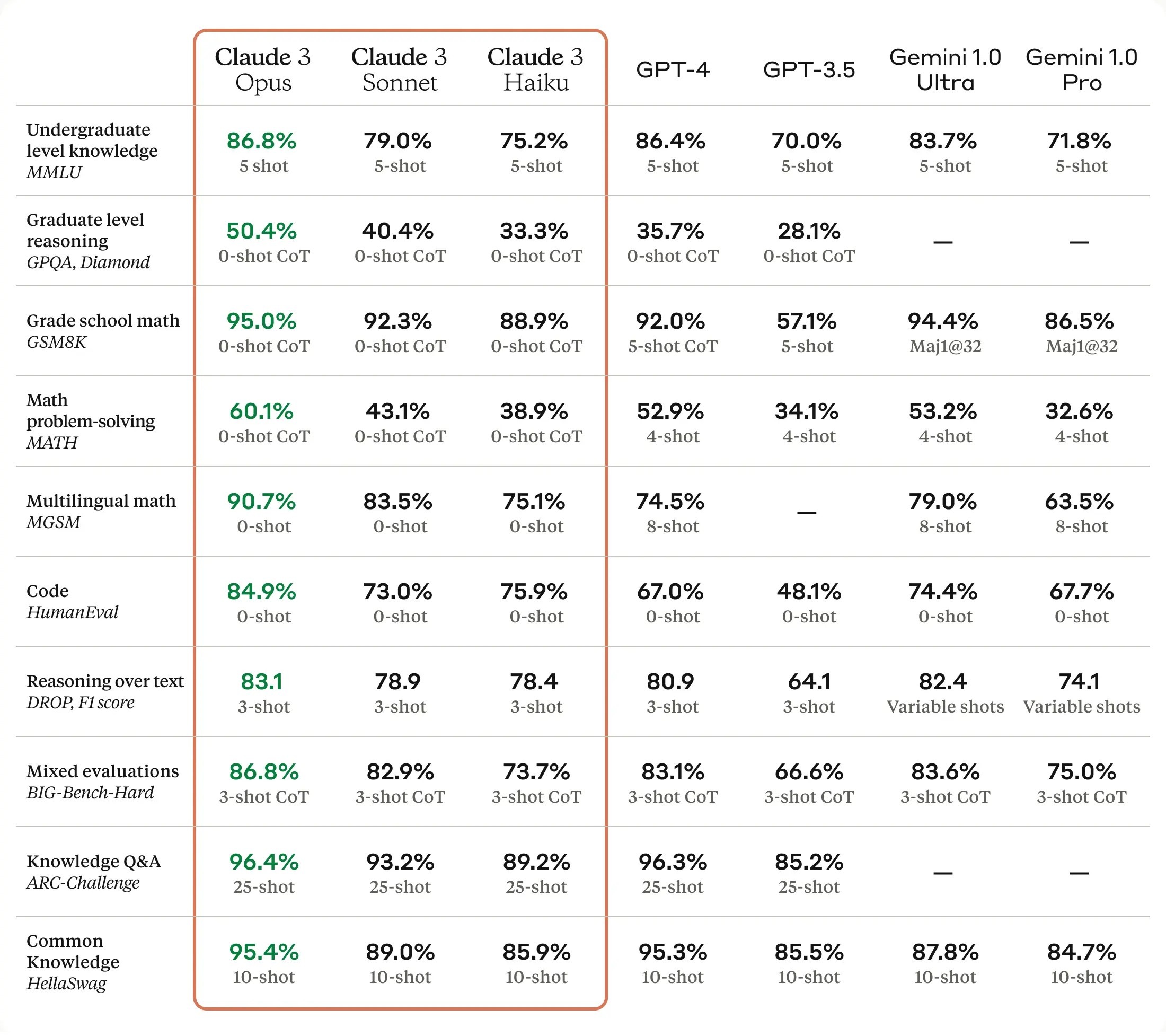Anthropic launches Claude 3: AI model outperforms GPT-4 across multiple parameters
Anthropic claims its new Claude 3 Opus model outperformed GPT-4 and Google's AI across benchmarks for reasoning, coding, and more.
 Claude 3 can ingest docs, images, and more. (Image: Anthropic)
Claude 3 can ingest docs, images, and more. (Image: Anthropic)Anthropic has thrown down a major gauntlet with the launch of its new Claude 3 suite of language models. The trio of AI models – dubbed Opus, Sonnet, and Haiku – represents Anthropic’s latest salvo in its battle to outmuscle the likes of OpenAI and Google in the race for AI supremacy.
Let’s start with the headliner, Claude 3 Opus. According to Anthropic, this model outperformed both OpenAI’s vaunted GPT-4 and Google’s Gemini Ultra across a range of industry benchmark tests covering everything from undergrad-level knowledge to graduate-level reasoning and math skills. Opus evidently showed particular prowess in areas like coding and complex problem-solving compared to its rivals.
Opus also represents Anthropic’s first foray into multimodal AI territory. Now users can feed the model images, documents, charts and all sorts of other visual/text data for analysis, taking things way beyond just pure language capabilities.
There’s no image generation here though – Opus is all about ingesting and interpreting that third-party content.
 (Image: Anthropic)
(Image: Anthropic)
Of course, power and performance come at a cost. That’s where the other two models, Sonnet and Haiku, come into play as more compact, budget-friendly options targeted at cost-conscious users. Sonnet and Opus are available across 159 countries as of today, with Haiku soon to follow according to Anthropic’s vague timeline.
The token limit of the latest models has been expanded as well. Anthropic says that Opus can now summarise documents up to 150,000 words – long enough for literary pieces like ‘Moby Dick’ – a major upgrade over the previous 75K word limit. And large-scale enterprises like Airtable and Asana have already been giving these models a real-world workout through private testing.
Anthropic is currently one of the hottest AI startups around with products that directly compete against big names like Microsoft, Google, and OpenAI. Backers include Google and Amazon – and the company has secured 5 different funding deals already, totaling at around $7.3 billion.







